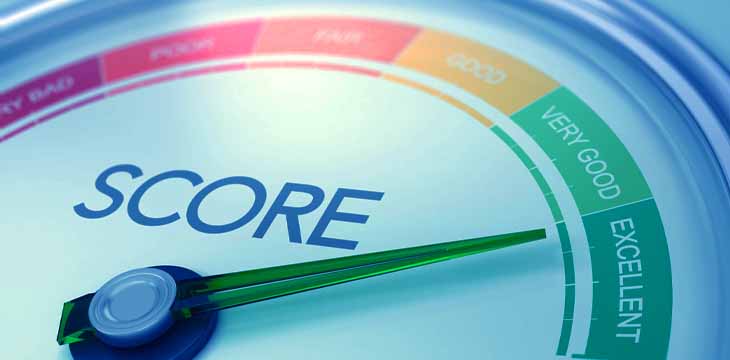Improving your credit score quickly can seem like a daunting task, but with the right strategies, it is entirely achievable. Your credit score is a crucial factor in your financial health, influencing everything from loan approvals to interest rates. Here are some practical tips to enhance your credit rating swiftly, setting you on the path to financial stability.
To start, it’s essential to understand what factors impact your credit score. Knowing the details can help you take targeted action. Additionally, maintaining good financial habits ensures your score remains high in the long term. Adopting these practices can make a significant difference in your financial well-being.
Understand your credit report

Your credit report is a detailed record of your credit history. Understanding it is the first step towards improving your credit score. Obtain a free copy of your credit report from major credit agencies and thoroughly review it for errors. Incorrect information can negatively impact your score, so addressing these inaccuracies is crucial.
If you find any errors, dispute them immediately. Provide evidence to support your claims, and follow up regularly to ensure the corrections are made. By ensuring the information in your report is accurate, you can boost your credit score relatively quickly.
In addition to correcting errors, analyze your report to identify areas of improvement. Look for patterns in your credit behavior that could be dragging your score down and take actionable steps to rectify them.
Pay your bills on time
Timely payment of bills is a significant factor in improving your credit rating. Late or missed payments can drastically lower your score and remain on your credit report for years. Set up reminders or automatic payments to ensure you never miss a due date.
Your payment history makes up a substantial portion of your credit score. Making consistent, on-time payments demonstrates financial responsibility and reliability. Even if you can’t pay off the full balance, making at least the minimum payment can protect your score.
Additionally, consider consolidating your debts to simplify payments. This way, you can focus on managing one monthly payment instead of multiple bills, reducing the risk of missing a payment.
Keep your credit utilization low
Credit utilization refers to the percentage of your available credit that you use. Keeping your utilization rate below 30% is advisable for a good credit score. High usage indicates financial overextension, which can negatively impact your rating.
To manage your utilization rate, pay down your outstanding balances as quickly as possible. Another option is to request a higher credit limit from your lender, which can improve your utilization ratio by increasing your available credit.
Regularly monitoring your credit utilization can help you identify when you’re approaching the threshold. If your utilization rate starts to climb, take steps to reduce it promptly and protect your credit score.
Maintain a healthy credit mix
A diverse credit portfolio can positively impact your credit rating. Having a mix of credit types, such as credit cards, mortgages, and personal loans, shows that you can handle different types of debt responsibly.
While you shouldn’t take on new debt solely to improve your credit mix, strategically adding a different type of credit can help. Ensure that you manage any new debt responsibly to avoid negatively affecting your score.
Keeping older accounts open also contributes to a longer credit history, another factor that can positively influence your score. Closing older accounts can shorten your credit history and reduce your aggregate available credit, both of which can harm your score.
Limit new credit inquiries
Each time you apply for new credit, a hard inquiry is recorded on your credit report. Multiple inquiries within a short period can lower your credit score. Be selective about when and where you apply for credit.
If you need to shop around for the best loan rates, do so within a short time frame. Credit scoring models typically consider multiple inquiries made within a 14-45 day-window as a single inquiry, which can minimize the impact on your score.
By limiting the number of new credit accounts you open, you can avoid unnecessary hard inquiries and maintain a healthier credit score.
Address collection accounts
Collection accounts can significantly detract from your credit rating. If you have any accounts in collections, prioritize settling these debts. Contact the collection agency to negotiate a payment plan or a lump-sum settlement.
In some cases, you may be able to negotiate a “pay for delete” agreement, where the collection agency removes the negative entry from your credit report once the debt is settled. Although not always guaranteed, it’s worth requesting.
Finally, ensure that the collection account status is updated on your credit report once resolved. This update can positively affect your score by showing that you’ve addressed and settled outstanding debts.





